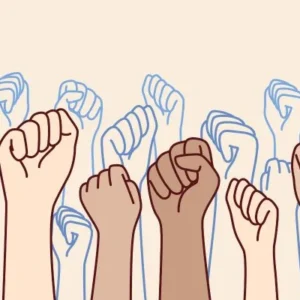The European Commission President Ursula von der Leyen and European Council President António Costa are set to hold the first-ever EU-Egypt summit with Egyptian President Abdelfattah Al-Sisi on October 22, 2025. Ahead of the meeting, several human rights organizations have urged European leaders to prioritize human rights in their discussions, emphasizing that respect for fundamental freedoms is essential to achieving the summit’s goals of shared stability and prosperity.
Since the EU and Egypt announced a new Strategic and Comprehensive Partnership in March 2024, Egypt’s government has continued its repressive policies, marked by the suppression of peaceful dissent and persistent violations of social and economic rights. Despite limited gestures, such as the release of British-Egyptian activist Alaa Abdelfattah after six years of unjust imprisonment and minor parliamentary reviews of the criminal procedure code, authorities continue to arbitrarily detain critics, conduct unfair trials, and impose harsh sentences.
Reports indicate that about 6,000 people have been referred to trial on terrorism-related charges in 2025, many for simply exercising their rights to free expression and assembly. Enforced disappearances, torture, and extrajudicial killings remain common, while allegations of mass graves in North Sinai have gone uninvestigated. Human rights groups have also documented Egypt’s use of diplomatic missions to intimidate protesters abroad and the detention and forced return of refugees and asylum seekers by EU-funded Egyptian security forces.
Despite receiving more than $50 billion in international financial support since 2024, the Egyptian government continues to underfund health, education, and social welfare. Rising living costs, combined with austerity measures and weak social protection systems, have deepened poverty and economic hardship for millions of Egyptians.
Human rights advocates argue that sustainable development in Egypt depends on political reform and civic freedoms. They call on EU leaders to use the Strategic Partnership as leverage to promote transparency, accountability, and protection of civil, political, economic, and social rights. The organizations also warn that without urgent reforms, Egypt risks further economic decline and social unrest, urging President Al-Sisi to open political space, release political prisoners, and end repression of free speech and civil society.






